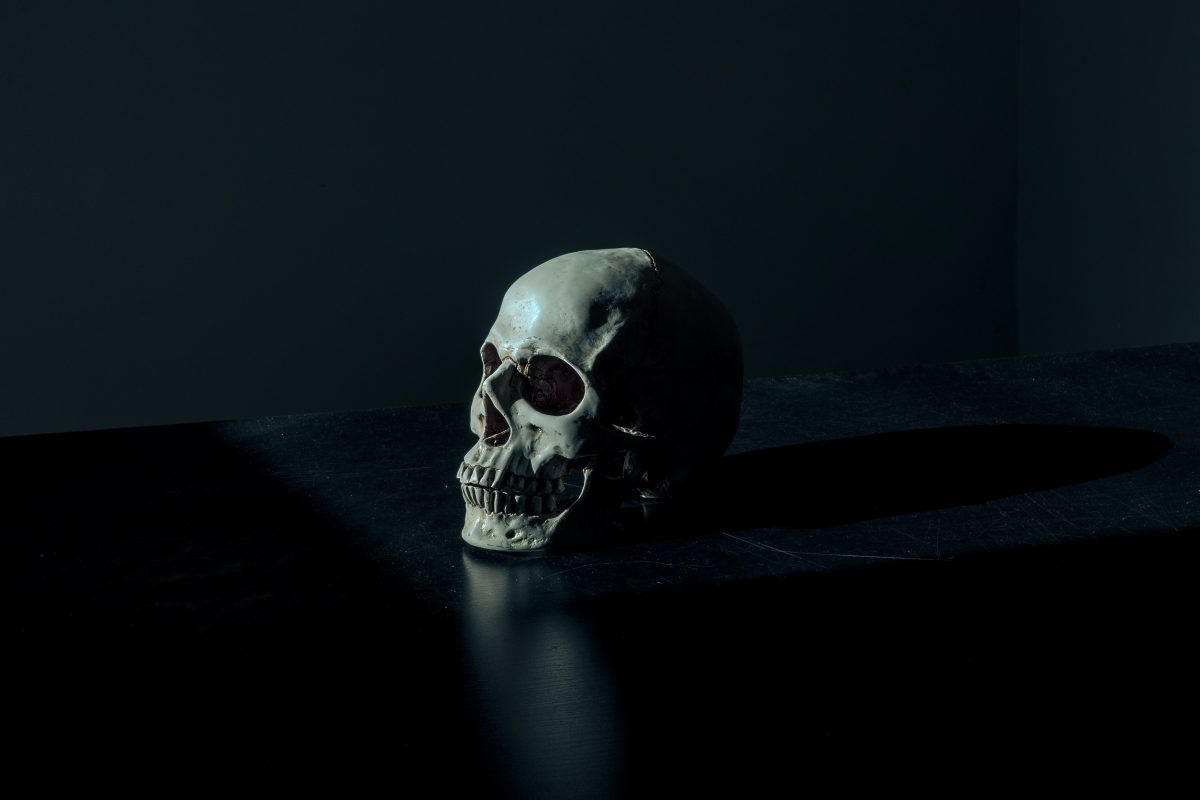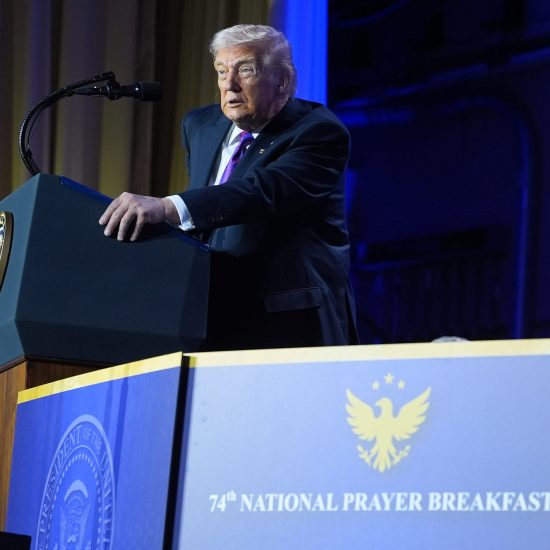
During this holy season, as we celebrate the birth of our Messiah, we also pause to remember the slaughter of the innocents. It’s a tragic reminder of the deadly consequences of mad rulers fearful of losing their power. The end of a strongman’s reign can be deadly as they sacrifice lives on the altar of power. But killing infants and toddlers in Bethlehem wasn’t an exception to Herod’s rule but just another sign of his moral unfitness for office.
Distraught by the news from the Magi that a new king of Israel had been born, Herod feared for his throne and ordered the execution of babies. Even before that, he executed his favorite wife, three of his sons, and other relatives and in-laws whenever he feared someone might try to remove him from office. Thus the joke by that other authoritarian dictator in the Christmas story, Caesar Augustus, who supposedly quipped, “It is better to be Herod’s sow than his son!”

(Mathew MacQuarrie/Unsplash)
And when Herod knew his death drew close, he planned even more executions. Apparently fearful people would celebrate in the streets — rather than mourn — his passing, he rounded up a group of men to be killed once he died so that many in the nation would grieve that day. But Herod’s son didn’t enact the order.
Other biblical figures acted similarly to bring about much death at the end of their reign, like Abimelek in Judges 9 (whom his brother warned shouldn’t be elected as king because he had the character of a thornbush).
And mad rulers since biblical times tried similar moves, perhaps in response to feeling impotent as their power slipped away. As Allied forced closed in on Adolf Hitler in 1945, he ordered the executions of many of his opponents. Like theologian Dietrich Bonhoeffer, who spent two years in prisons for preaching against the Nazi regime and was then killed just three weeks before Hitler’s suicide.
As my preacher-farmer grandfather liked to note, the old saying warns us that an animal is most dangerous when wounded and cornered.
On a smaller but still tragic scale, we’re watching another violent exit from political office. President Donald Trump will leave the White House next month after overseeing a deadly year of federal executions.
In July, the U.S. government executed someone for the first time in more than 17 years. And over the four months that followed, the Trump administration pushed through eight executions — which means the federal government executed more people this year than the previous 65 years combined. And it’s the deadliest single year for non-military federal executions since 1896.
On Nov. 19, Trump also became the first lame duck president to oversee a federal execution since Grover Cleveland in 1889. And Trump’s not finished yet. The U.S. plans to kill another prisoner on Thursday (Dec. 10) and yet another on Friday, and then another on Jan. 12, another on Jan. 14., and one more on Jan. 15. The last one on Martin Luther King Jr.’s birthday, just five days before Trump leaves office, will be the execution of a Black man who didn’t even kill someone.
Though these executions haven’t garnered much attention because of the coronavirus pandemic, a focus on Christmas stuff, and coverage of Trump’s failed attempts to overturn his loss in the Nov. 3 election, we should pause and reflect on this moment. After all, our government conducts this killing spree in our names and with our resources.
I can’t say why the Trump administration suddenly started executing people just this year after his impeachment and as his reelection chances looked bad. Perhaps it brought a sense of power and control. Or perhaps he would’ve ramped up the killings this year no matter what because it’s just who he is.
Regardless, those of us recognize life is sacred must not sit quietly as our government destroys image-bearers. When the state decides who lives and dies and when they die, it usurps the role of God. And killing to prove killing is wrong doesn’t make sense — especially given the racial inequalities of our death penalty system.
As Trump leaves office over a pile of bodies, he is showing us who he is. Perhaps that can remind us that our Savior doesn’t live in Washington, D.C., or in a golden palace like Herod. Instead, this season is one where we remember, as Mary sang while pregnant, that God “has brought down rulers from their thrones” and has come to us “just as he promised to our ancestors.” But while we wait for that day of salvation, we also weep with Rachel as our leaders bring more death.
Brian Kaylor is editor & president of Word&Way.






